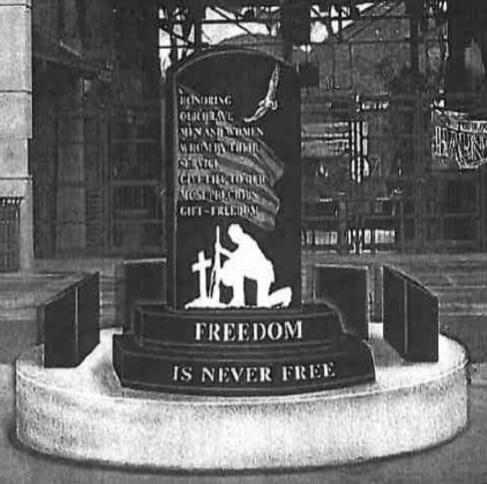On Monday, the Supreme Court stepped into unexpectedly thorny territory: what does it mean to be “religious” under the law?
At first glance, Catholic Charities Bureau v. Wisconsin Labor & Industry Review Commission appears straightforward. A Catholic nonprofit operating social services—food pantries, housing, job assistance—seeks exemption from the state’s unemployment tax laws, citing a provision for religious organizations. Wisconsin denied the exemption, reasoning that these services aren’t “primarily religious” because they lack overt evangelism and serve people of all faiths.
But what unfolded in oral argument was anything but simple. The Court wrestled not just with the meaning of statutory language but with deeper constitutional questions—about neutrality, sincerity, and whether governments should be in the business of deciding what is “religious enough.”
Representing the petitioners, attorney Eric Rassbach framed the case as one of constitutional overreach. “Helping the poor can’t be religious, because secular people help the poor too,” he said, paraphrasing the Wisconsin Supreme Court’s rationale. “By that measure, Mother Teresa might not qualify.”
That line landed. The Justices, too, seemed uneasy with the state’s framework—especially as it appeared to favor faith-based groups that proselytize or serve exclusively co-religionists. Justice Gorsuch questioned why a faith that evangelizes would be granted deference over one that does not. “That would break no new ground,” he said—referring to past decisions that prohibit governmental preferences between religions.
At times, the argument turned theological. Justice Alito asked whether Catholic Charities’ refusal to proselytize was a matter of doctrine or convenience. Rassbach responded that in Catholic teaching, evangelization is permitted; coercion—proselytization—is not. The exchange was part of a broader concern: if the law hinges on these kinds of distinctions, then courts are inevitably entangled in religious reasoning.
The state, through its attorney, Colin Roth, argued that the exemption was meant to apply narrowly—primarily to houses of worship and training grounds for clergy, not to what it viewed as functionally secular service organizations, even if they’re church-affiliated. But the line between spiritual mission and social work proved hard to defend.
Justice Jackson floated a hypothetical: What if the legislature simply codified a narrow list—seminaries, novitiates, monasteries—and excluded everything else? Rassbach pushed back. That, too, he said, would amount to theological line-drawing. Who decides what counts?
The United States, appearing in support of Catholic Charities, suggested the Court could sidestep the constitutional thicket entirely. Deputy Solicitor General Curtis Gannon proposed a narrower ruling—that Wisconsin had misinterpreted its own law. But that path didn’t sit well with everyone. Justice Sotomayor questioned whether such a decision would merely delay the inevitable constitutional reckoning.
The case, in effect, asks whether the state can reward certain forms of religious expression—public preaching, theological training—while denying others that are more service-oriented, even if motivated by religious belief. It’s a question that brushes up against both the Establishment Clause and the church autonomy doctrine, which prohibits government interference in religious governance.
What complicates the case further is that Catholic Charities is legally distinct from its diocese—a point raised repeatedly during arguments. Yet Rassbach maintained this separation is itself a matter of religious doctrine, not corporate strategy. To penalize that structure, he argued, is to entangle the state in internal church affairs.
At its heart, the case is less about unemployment taxes and more about the state’s discomfort with religious pluralism—the idea that different faiths manifest differently in the world. Some preach. Some serve. Some do both. The Constitution, Rassbach argued, demands neutrality among them.
How the Court will resolve that tension remains to be seen. But the stakes go beyond Wisconsin, and beyond Catholic Charities. As more religious organizations operate in the blurred space between ministry and mission, the law will be forced to reckon with a question as old as the republic: when is faith personal, and when is it public?
Holding: Wisconsin violated the First Amendment by conditioning a religious exemption from unemployment insurance taxes on criteria requiring proselytization or service restrictions, thereby imposing denominational preferences.
